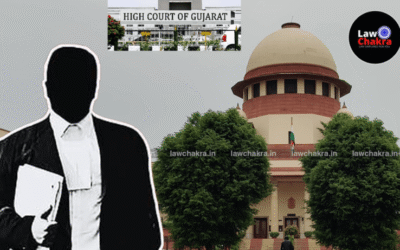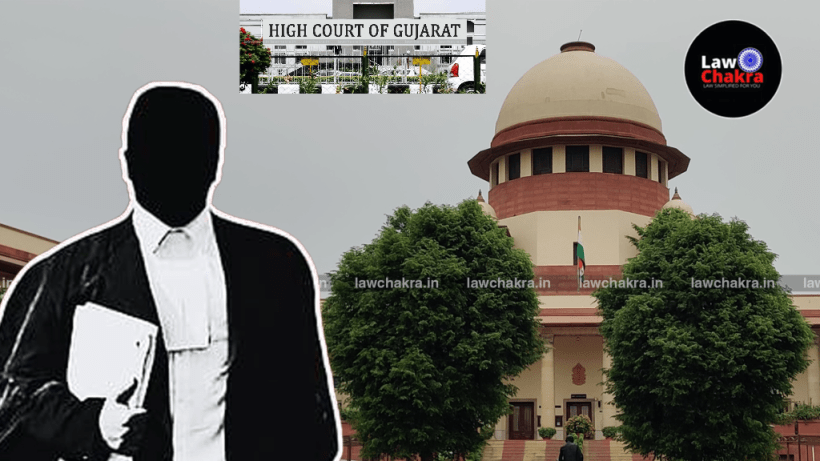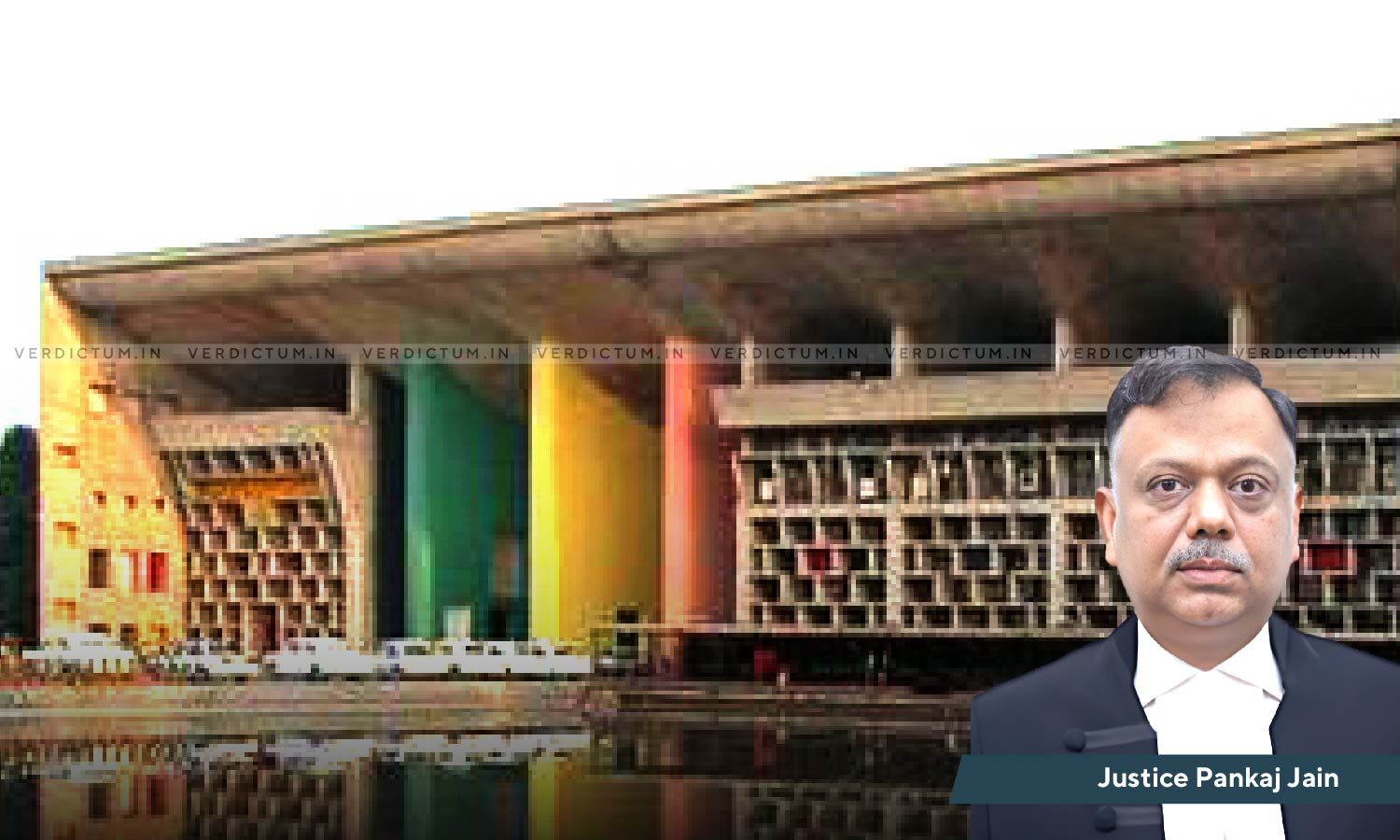GNLU's GCPIL Participates In UN Expert Consultation On Surrogacy And Violence Against Women And Girls
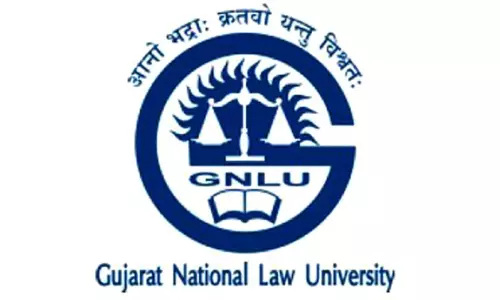
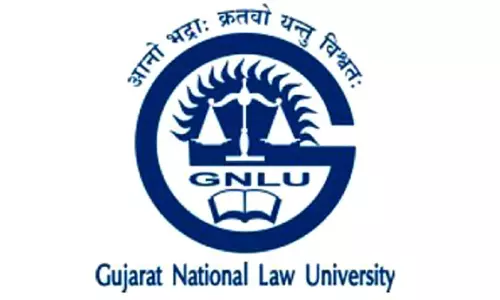
The GNLU Centre for Public and Private International Law (GCPIL) was invited by the United Nations Special Rapporteur on Violence Against Women and Girls (SR VAWG) to participate in the online expert consultation convened on 17 June 2025, in preparation for the upcoming thematic report on surrogacy and violence against women and girls, to be presented at the 80th session of the UN General Assembly. Notably, GCPIL was the sole institution from India to contribute to this global dialogue, which saw limited representation from the Global South.
The consultation focused on three critical dimensions of surrogacy from a human rights perspective, namely, the children’s right to know and be cared for by their parents in light of the question of a child’s right to information on being born through surrogacy; the question of consent of a surrogate mother and to what extent and under what conditions it can be free and informed; and the policy recommendations for the report.
In the meeting, the Special Rapporteur explored the possibility of an international instrument on surrogacy and its form, if viable. The meeting was attended by several global dignitaries, legal scholars, medical experts, and representatives from international organizations and civil society. Majority of the views favoured an abolition of surrogacy altogether, including altruistic surrogacy, arguing that it amounts to a commodification of female bodies and is exploitative. The views were expressed that separating the child from the surrogate mother is violative of article 9 of the UNCRC which prohibits separation of children from parents.
The consultation witnessed divergent perspectives on a child’s right to know about their origins. While the Australian model of mandatory disclosure, where donor information is included on the birth certificate was discussed, an alternative view emphasized that although the child has a right to know their genetic identity under Article 7 of the UNCRC, the timing and manner of such disclosure should be left to the discretion of the parents, considering the child’s emotional well-being and the best interest of the child.
On the issue of consent in surrogacy arrangements, experts highlighted concerns. It was noted that consent is often obtained through emotional appeals or coercion, especially in economically vulnerable contexts. Most experts recommended a complete ban on all forms of surrogacy, citing its exploitative nature. In response to whether surrogate mothers should be criminalized, the prevailing view emerged that they should be treated as victims rather than perpetrators, with legal accountability placed on the agencies facilitating commercial surrogacy.
This invitation was extended following GNLU Centre’s submission in response to the Special Rapporteur’s call for inputs earlier this year. The contribution was led by Prof. (Dr.) S. Shanthakumar, Dr. Harsha Rajwanshi, and student researchers Masoom Sanyal, Tanisha Nair, Palak Siwach, Sithara B Fatima, Sia Shah, Vinayak Malhotra, Acharaj Kaur Tuteja, Parvathi Menon, Nupur Trivedi, and Aditya Pratap Singh.
Importantly, the Supreme Court of India is currently hearing a batch of petitions challenging the validity of the Surrogacy (Regulation) Act, 2021 and the associated Rules of 2022. These proceedings are expected to have a significant impact on how surrogacy is regulated in India, especially in terms of reproductive rights, bodily autonomy, and the rights of children. Following the receipt of the invitation, the Centre undertook broad-based stakeholder consultations to contribute meaningfully to the expert discussions. Legal insights were provided by Ms. Mohini Priya, Advocate, Supreme Court of India. To incorporate practical and ethical perspectives from the field, leading medical professionals, Dr. Nayana Patel, Dr. Jaideep Malhotra, and Dr. Mansi Rai were consulted. These consultations enriched the Centre’s input by highlighting the real-world challenges in implementing surrogacy regulations, as well as the ethical complexities surrounding the practice in the Indian context. The deliberations focused on the legal, policy, and ethical dimensions of surrogacy, ensuring that diverse viewpoints were brought into the international discussion.

